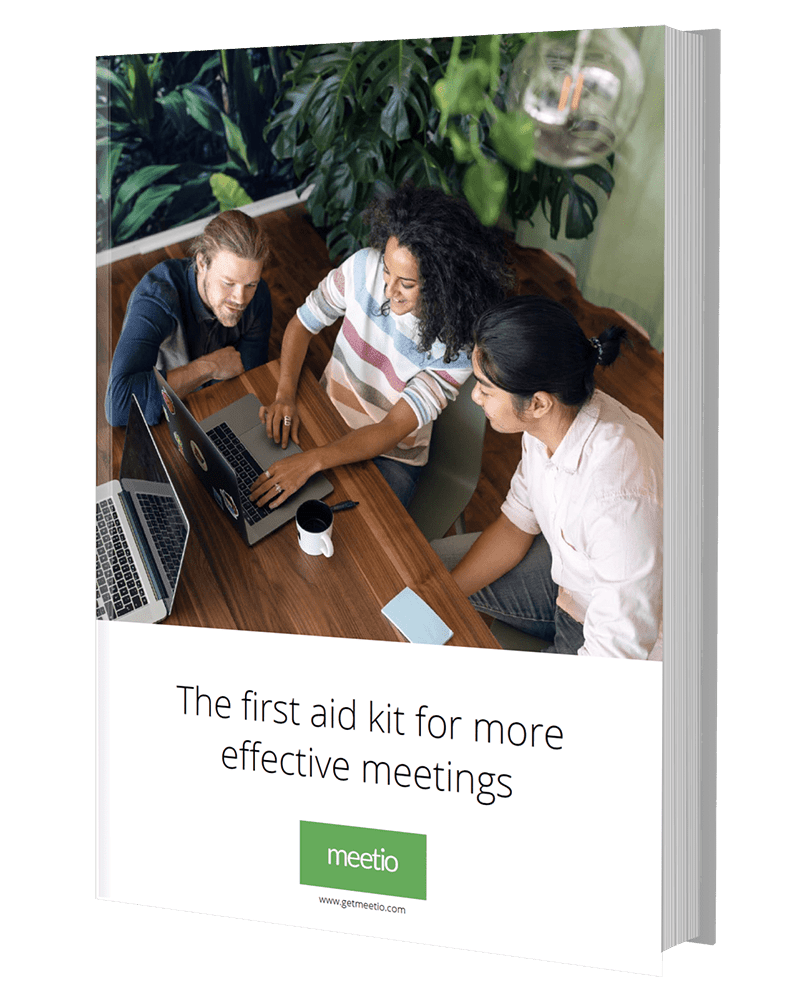
We’ve all been there before: sitting in a meeting and thinking to ourselves, “why am I here?”. When you’re under pressure at work, stressed about a deadline, or have daily tasks that need to be completed, spending unnecessary time in meetings that has no relevance or urgency to you is just plain wasteful. That’s why when meeting organizers are planning meetings, creating agendas, and sending out meeting invites, you should be able to analyze if that meeting will or won’t be worth your time. Here are the telltale signs that you can most likely ask to skip it:
While it may still be important to attend a meeting you do not directly have to participate in, you may want to ask if you can be updated later. Either with meeting notes, an email, or if the aspects that directly affect you and your own projects are addressed one-on-one or in a shorter stand-up meeting.
You shouldn’t be required to attend open-ended meetings. Without a clear timeline or agenda that is followed, meetings tend to run long and go off-topic. If your organization cares about maximizing workplace productivity, make the case for why this one should be skipped.
Meetings are ideally results-driven. If the goal is just to have a bunch of people in a room talking, chances are it’s not going to be very productive and it could be a big waste of your time. If there’s not a defined goal or outcome for the meeting, ask the organizer to either clarify this. Or reconsider if the meeting can be held at another time or later date when there should be a specified outcome for solving a problem, creating a status check-in, or another significant purpose. Otherwise, most of the time aimless meeting topics can be saved for emails.
When a superior calls a meeting for staff but doesn’t intend to actually be in attendance themselves, this should be a red flag. Find out from other invitees if they understand the purpose, agenda, and desired outcome of the meeting and perhaps decide together if this will be a fruitful and necessary meeting. Otherwise, ask your superior why they feel this meeting is important enough to have, but not important enough for them to be a part of. Meetings can really only be most effective when at least most attendees agree that it is something worth setting time aside for.
This is why defining specific roles and requests in meeting invitations and meeting agendas is so important. When people come to meetings unprepared, or unsure of why the meeting is happening at all, the tone is set for the meeting to be unproductive. If not everyone who is a key stakeholder for the discussion is able to be present, suggest holding the meeting at another time. If a presentation that was supposed to take place is incomplete, or not thoroughly prepared, suggest that more time is needed to be properly organized and take it on another day. Meetings without the proper preparation and necessary focus are simply going to be a waste of your - and everyone’s - time.
If you can consider the things that make for a great meeting, you can better identify the things that will make for a bad one. Don’t be afraid to ask to back out of a meeting, or cancel a meeting for your staff if it is apparent that the success of the meeting is in jeopardy. Meetings that hinder productivity can also cause resentment and dissatisfaction in the workplace, and no one likes a meeting that’s a waste of time.
Last but not least... To decline a meeting isn't rude, but rather demonstrates responsibility. Why? Because you clearly state that your time is valuable and should be spent on more important tasks. At the end of the day, this benefits your company (time is money...), as well as yourself in terms of less stress about unfinished work.
Learn how you can improve the meeting culture in your organization

These Stories on Meetings
Meetio AB/Logitech Nordics AB
Hamngatan 4
211 22, Malmö
Sweden
Magnus Ladulåsgatan 3
SE-118 65 Stockholm
Sweden
Sweden: +46-(0)10-101 95 60
Comments (2)